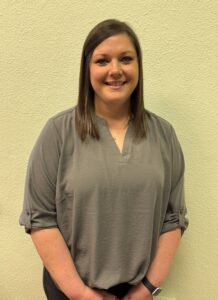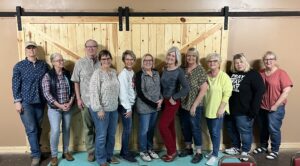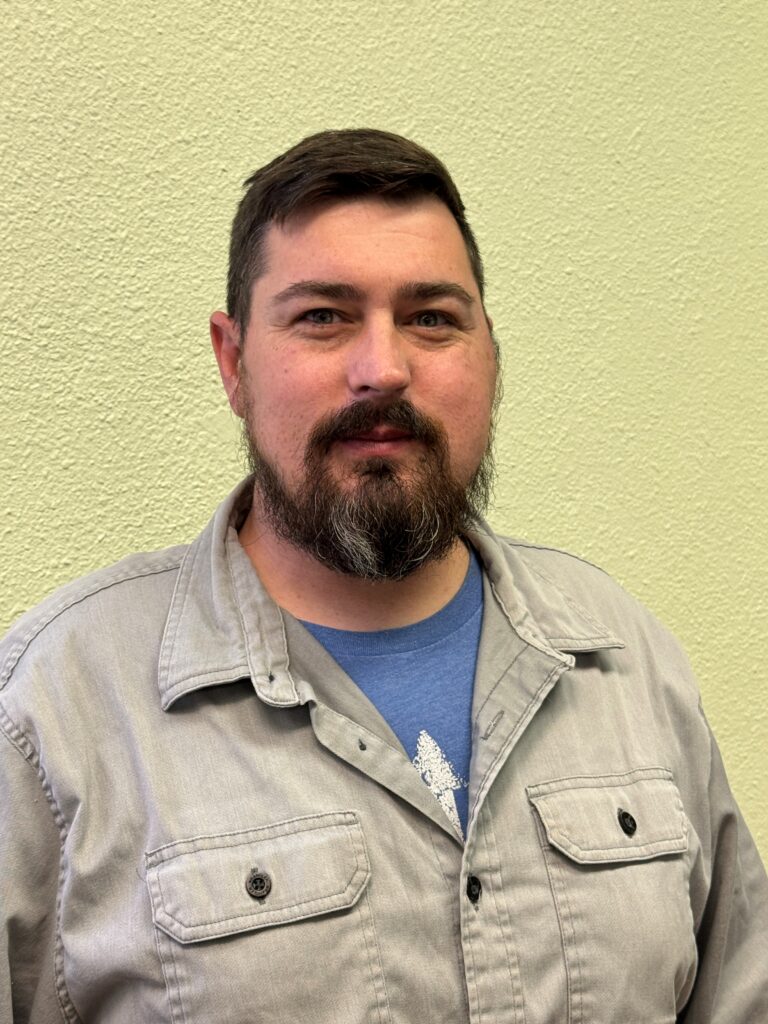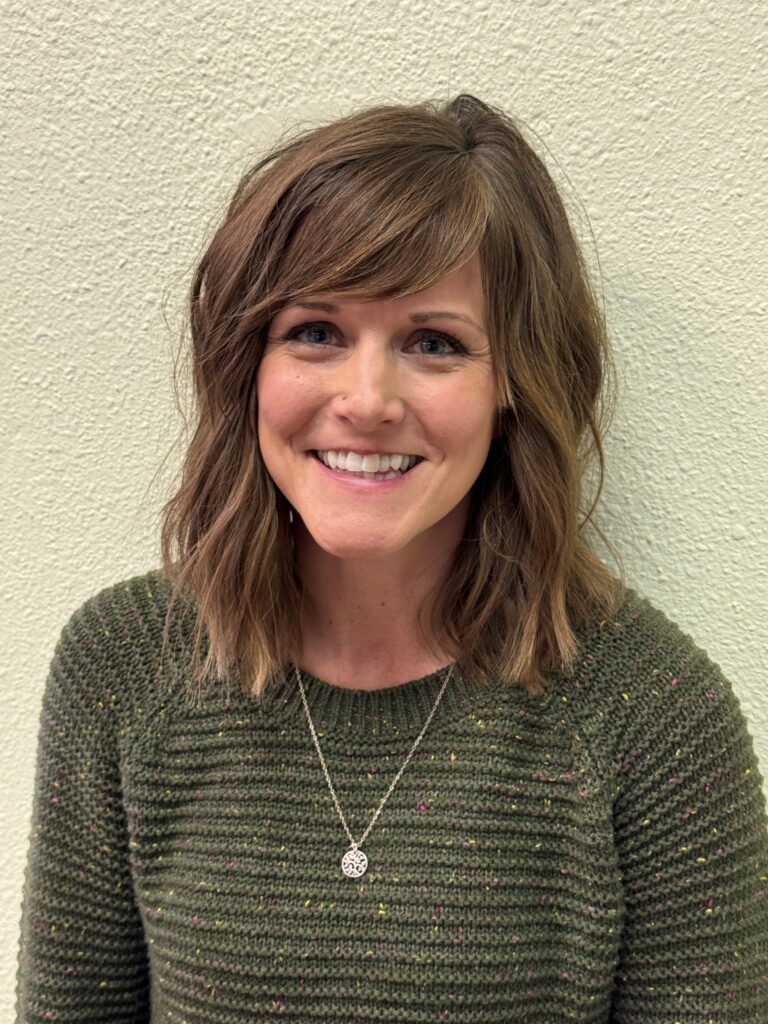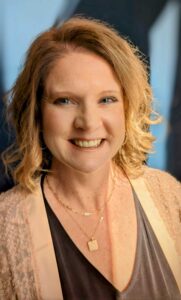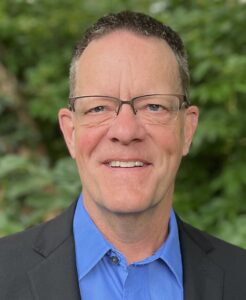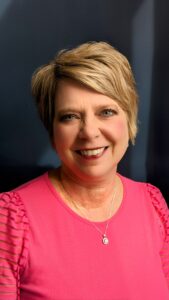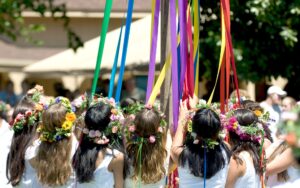 Keeping advisors informed, donor-advised fund do’s and don’ts, and creative ways to give to education
Keeping advisors informed, donor-advised fund do’s and don’ts, and creative ways to give to educationGreetings from the community foundation!
We are so grateful for the opportunity to work together!
Many of you have established funds at the community foundation to support the causes you love. Others are serving on boards of directors of local nonprofits. Some of you are involved in discussions with your family and your advisors about establishing a fund at the community foundation to fulfill your philanthropic goals.
Wherever you are in your charitable giving process, we are here to support you, including through articles and resources that can help you shape your philanthropy plan.
In this issue, we’re happy to share information about the following:
–The team at the community foundation can help you keep your advisors up-to-date on your charitable plans, including the funds you’ve established and your intentions to support your favorite charities’ campaigns. Reach out anytime if you’d like to review the various elements of your philanthropic activities. We will help you identify what your attorney, accountant, and financial advisor need to know.
–Donor-advised funds are one of many fund types you can establish at the community foundation to organize your giving. (Many families establish field-of-interest funds, designated funds, and unrestricted funds alongside their donor-advised fund to round out their philanthropy.) Review a few reminders about what your donor-advised fund can and can’t do.
–A scholarship fund isn’t the only way to achieve your charitable goals for funding education. Learn about how the community foundation can help you pursue areas of interest that support education in creative ways. You may be pleasantly surprised to discover the variety of options.
We look forward to continuing to serve you. If we’re not yet working together, we hope you’ll reach out with questions about the topics below or anything else that captures your attention and imagination in the world of philanthropy.
With gratitude,
Your community foundation
Charitable planning: Keep your advisors informed
The team at the community foundation is honored to be your “go-to” resource for all components of your philanthropy. We enjoy talking regularly with individuals, families, and businesses about goals for charitable giving, tax strategies, ways to support favorite nonprofits, getting children and grandchildren involved in the community, leaving a legacy, and so much more. If you’ve already established a donor-advised fund, field-of-interest fund, designated fund or unrestricted fund at the community foundation, you know we’re always here to answer your questions.
What you might not know, though, is that the community foundation is also happy to help you keep your attorney, accountant, and financial advisor in the loop. We’d be happy to join you and your advisors at a meeting to discuss your charitable plans. We’re also happy to offer suggestions about which documents and information you’ll want to provide to your advisors.
For example, it’s important to provide your attorney with information about your fund–or funds–at the community foundation and also provide copies of fund agreements and other documentation. This will help your attorney determine whether and how your fund could be incorporated into your estate plan. Your attorney also needs to be aware of beneficiary designations on retirement plans and IRAs; these vehicles are critical components of an overall estate plan and also are an excellent way to leave a tax-savvy bequest to your fund at the community foundation or other charity.
Next, your accountant will appreciate knowing about your fund at the community foundation, especially as you work together to evaluate the most effective assets to give to charitable causes each year. Your accountant, for instance, may suggest that you give a certain dollar value of appreciated stock to your donor-advised fund in a particular calendar year to maximize itemized deductions and give you the ability to support your favorite charitable causes for several consecutive years at the high levels you intend.
Finally, it’s important that your financial advisor understand your charitable intentions and be aware of the vehicles you’ve already established. Your financial advisor can keep an eye out for stock positions that are highly-appreciated, making them ideal gifts to fund your charitable intentions. Your financial advisor will be a key member of the planning team if you were to establish a charitable remainder trust, for example, with the community foundation. Not only is it important to determine which assets to use to fund the trust (highly-appreciated real estate, for example), but your financial advisor also will want to weigh in on the projected lifetime income stream from the trust to develop retirement projections that are as accurate as possible.
One of the many benefits of being a fund holder at the community foundation is your access to a team of professionals who are dedicated to carrying out your charitable wishes. Think of our team as a group of specialists who deeply understand both the tax and mission-based aspects of charitable giving vehicles–and who are enthusiastic about working alongside your legal, tax, and investment advisors to create a philanthropy plan that meets all of your goals.
Donor-advised fund do’s and don’ts
A donor-advised fund is one of many types of funds you can establish at the community foundation. Field-of-interest funds, designated funds, unrestricted funds, and scholarship funds are also popular and can make a big difference in the community while also fulfilling your goals for tax and charitable planning.
If you’ve established a donor-advised fund at the community foundation, you know it’s useful because it allows you to make a tax-deductible transfer of cash or marketable securities that is immediately eligible for a charitable deduction. Then, you can recommend donations from the fund to your favorite charities to meet community needs as they emerge.
Your gifts to your donor-advised fund are tax deductible transfers to the community foundation, which is a charitable organization recognized under Internal Revenue Code Section 501(c)(3). The community foundation follows the Internal Revenue Service’s requirements that disbursements from your donor-advised fund meet certain important qualifications to preserve that charitable tax status–for everyone’s benefit. It’s a good idea to periodically review a few types of disbursements that don’t meet the IRS’s rules and therefore are not permissible donations from your donor-advised fund. For example:
–A donor-advised fund cannot be used explicitly to satisfy a personal pledge to a charitable organization, such as to a capital campaign. The team at the community foundation is happy to work with you to develop ways you can achieve your intentions to support your favorite organization’s fundraising goals. Please reach out if you are in this situation.
–Because donor-advised funds at the community foundation fall under a different (and more favorable) set of IRS rules than private foundations, a donor-advised fund is restricted from supporting a private family foundation. Please reach out to the community foundation team to learn more about this requirement. We’d love to explore how your donor-advised fund and your private family foundation can work together to achieve your charitable goals. Some fund holders even decide to close their private foundation and consolidate their giving with the community foundation to achieve greater impact, save on expenses, and achieve better tax results.
–A donor-advised fund can’t be used to buy tickets to fundraising events, such as galas and golf tournaments, where the cost of the ticket is not fully tax deductible. The reason for this is that the IRS views the taxpayer as receiving benefits from the event (food, drinks, swag), and this “private benefit” muddies the waters of tax deductibility. Even if a portion of the ticket is deductible according to the charity, it’s still not a permissible distribution from a donor-advised fund. Please reach out to the team at the community foundation if you’re asked to sponsor a charity’s fundraiser. We are happy to discuss solutions to achieve both your charitable goals and goals for getting involved with the event.
We look forward to hearing from you! As always, the community foundation team is honored to be your first call when you encounter a question about your donor-advised fund or any other charitable giving opportunity.
Getting creative: Three ways to support education
It’s graduation season, and that means education may be on your mind! The community foundation can help you make a difference in the lives of young people by funding education. Certainly establishing a scholarship fund at the community foundation is one way to accomplish this goal. But that’s not the only way. Here are three ideas to consider as you explore ways to make an impact through education.
Establish a designated fund for educational institutions.
A designated fund provides support for specific organizations of your choice. So, for example, if you want to ensure that a particular college or university receives funding each year, you can set up a designated fund to accomplish this. For instance, if your family has supported the same local college for generations, you may want that support to continue. At the same time, you want to be sure that your funds are used effectively. This includes protecting your monetary support from the college’s creditors if the college finds itself in financial trouble. A designated fund at the community foundation could be the solution.
Establish a field-of-interest fund to support specific aspects of education.
Through a field-of-interest fund at the community foundation, you can establish parameters for grant making according to your wishes. If education is your priority, perhaps over the years you’ve supported a variety of local organizations that provide students with courses, tutoring, mentorship, and social services, ranging from grassroots charities to well-established trade schools and higher education institutions. Establishing a field-of-interest fund activates the community foundation’s expertise and research by delegating grant making decisions to the community foundation team. This helps donors like you ensure that their dollars will have the greatest impact.
Seek the advice of the community foundation for your donor-advised fund grant making.
If you have established a donor-advised fund at the community foundation, you’ve likely used it over the years to support your alma mater and perhaps other educational institutions. The community foundation team would welcome the opportunity to help you think broadly about education, beyond simply four-year institutions. Community colleges, trade schools, vocational programs, and out-of-the-box learning experiences may be a better fit for some students. The community foundation can also help you identify charities that support teachers, classrooms, and school districts, all of which need resources to deliver the best possible education to students.
We look forward to helping you support education as a major area of charitable interest! And if there’s a graduation in your family this year, congratulations!

